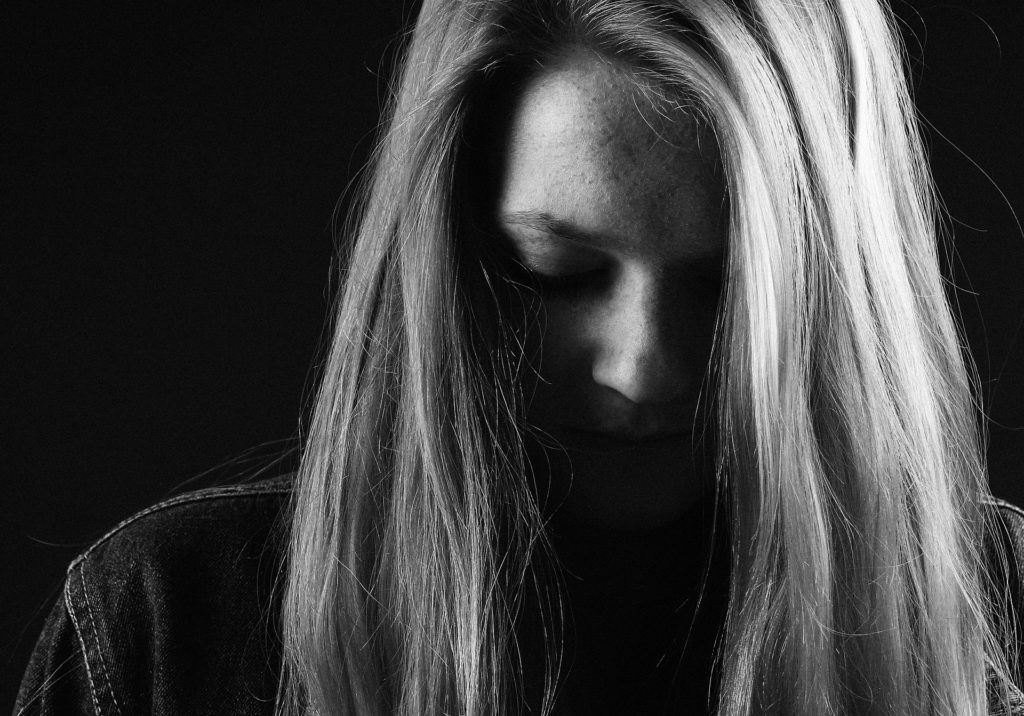
What is Suicide Bereavement?
Suicide Bereavement is the deep sadness and mourning that often occurs after the loss of a loved one to suicide. Grief is a normal response to losing someone important to
us, while when someone dies by suicide we may experience many complex thoughts, behaviors, and feelings.
While many of these relate to the person no longer physically being in our life, some relate
to the fact that the death was by suicide and these feelings can be particularly overwhelming, intense and far-reaching.
For every suicide, there are often many friends, family members and colleagues who are affected. Every individual work through their personal anguish differently, some aspects of suicide bereavement are common due to the stigma often associated with suicide.
Suicide loss can affect your mental and physical health and sometimes includes dealing with thoughts of suicide. It is vital that as individuals and communities we respond to people bereaved by suicide with compassion, and continue to support them through their grief.
How does suicide bereavement affect us?
Some common experiences of grief following suicide loss may include:
- Anger and blame.
- Shock, numbness, and denial.
- Searching for a reason for the suicide, asking “Why?”
- Responsibility for not preventing the suicide, guilt and sometimes relief.
- Stigma and shame, that you or other people will think negatively of the bereaved family and friends.
- Depression and heightened suicide risk.
- Loneliness, disconnection and social isolation.
- Feeling abandoned and rejected, difficulty trusting others – family relationships are often affected.
- Coming to accept that the loss will be a permanent part of your life, we can’t just
get over it but grow our life around it.

What helps?
Although the pain of suicide loss cannot be eased quickly, there are things that can help:
- Stay connected to those supportive people around you and to your loved ones. Consider joining a support group to share with others who have had similar experiences.
- This will help you realize that you are not alone in your experience and that you will survive.
- There are many ways to honor the life of the person who has died like assemble a memory box, photo album, share memories and talk about their life or keep a journal.
- Allow other people to help you and don’t be embarrassed to accept their help. Sharing with other people can reduce the sense of aloneness and isolation that comes with grief.
- Stay healthy, exercise regularly, eat healthy meals, get a good night’s sleep, keep alcohol to a minimum and avoid drugs.
- Prioritize daily tasks, do only what is essential, be kind to yourself.
- Take time out for enjoyable activities, allow yourself a time out from the pain you’re experiencing.
- Take opportunities to join in public ceremonies where you can be private, yet part of a larger group. Use customs and rituals that are meaningful to you.
- Talk with a counselor or psychologist to focus on your unique situation, to find support and comfort, and to find other ways to manage and cope.
